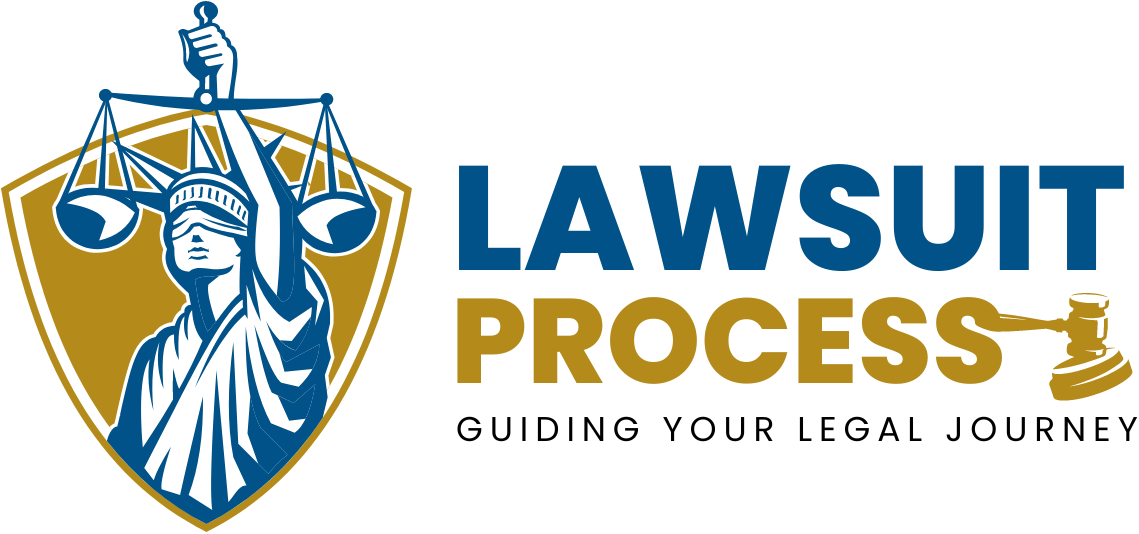Personal injury claims arise when an individual suffers harm due to the negligence or intentional actions of another party. These claims can cover a wide range of incidents, including car accidents, slip and falls, medical malpractice, and product liability cases. Navigating the complexities of a personal injury claim can be daunting, especially when dealing with physical pain, emotional stress, and financial burdens. Making mistakes during this process can significantly impact the outcome of your claim, potentially reducing compensation or even leading to dismissal. This article highlights the most common mistakes to avoid to ensure you receive the justice and compensation you deserve.
1. Failing to Seek Immediate Medical Attention
One of the most critical steps after an injury is obtaining prompt medical care. Delaying or refusing medical attention can have serious repercussions:
- Hidden Injuries: Some injuries, like concussions or internal damage, may not present immediate symptoms. A medical professional can diagnose and document these injuries early on.
- Medical Records: Medical documentation serves as vital evidence linking your injuries to the incident. Without it, the opposing party may argue that your injuries are unrelated or exaggerated.
Tip: Even if you feel fine, get a thorough medical examination as soon as possible after the incident.
2. Not Documenting the Incident Properly
Accurate and thorough documentation strengthens your claim by providing clear evidence of what occurred:
- Photographs and Videos: Capture the scene, your injuries, property damage, and any other relevant details.
- Witness Information: Collect names and contact information of anyone who witnessed the incident.
- Incident Reports: File a report with the appropriate authorities, such as the police or property manager.
Tip: Keep a dedicated file for all documents, including medical records, receipts, and correspondence related to your case.
3. Waiting Too Long to File a Claim
Every state has a statute of limitations dictating the time frame within which you must file a personal injury claim:
- Legal Deadlines: Missing the deadline usually means losing the right to sue.
- Evidence Preservation: Over time, evidence can be lost, and witnesses may become unavailable or forget crucial details.
Tip: Consult with a personal injury attorney promptly to ensure all deadlines are met.
4. Providing Recorded Statements Without Legal Counsel
Insurance adjusters may request a recorded statement under the guise of expediting your claim:
- Risk of Self-Incrimination: You may inadvertently say something that can be used against you.
- Pressure Tactics: Adjusters are trained to ask leading questions to minimize the company’s liability.
Tip: Always consult with your attorney before giving any statements to insurance companies.
5. Accepting the First Settlement Offer
Initial settlement offers from insurance companies are often lower than what you may be entitled to:
- Underestimating Damages: Early offers may not account for future medical expenses, lost wages, or pain and suffering.
- Waiving Rights: Accepting a settlement usually means waiving the right to pursue further compensation.
Tip: Have your attorney review any settlement offers to ensure they reflect the full extent of your damages.
6. Posting About the Incident on Social Media
Social media activity can be detrimental to your claim:
- Contradictory Evidence: Photos or posts may be used to argue that your injuries are not as severe as claimed.
- Public Access: Even privacy settings may not fully protect your content from being accessed legally.
Tip: Avoid discussing your case or posting related content on social media until your claim is resolved.
7. Not Following Medical Advice
Ignoring your doctor’s recommendations can harm your health and your claim:
- Delayed Recovery: Skipping appointments or treatments can prolong your recovery.
- Questioning Credibility: The opposing party may argue that you’re not taking your recovery seriously or that you’re contributing to your own damages.
Tip: Adhere strictly to your medical treatment plan and keep records of all appointments and prescribed treatments.
8. Underestimating Future Damages
Failing to consider long-term impacts can lead to insufficient compensation:
- Ongoing Medical Care: Some injuries require future surgeries, rehabilitation, or lifelong care.
- Lost Earning Capacity: Serious injuries may affect your ability to work in the future.
Tip: Work with medical and financial experts to assess future damages accurately.
9. Not Keeping Records of Expenses
Detailed records are essential for calculating damages:
- Out-of-Pocket Costs: Keep receipts for medications, medical devices, transportation to medical appointments, and any other related expenses.
- Loss of Income: Document missed workdays and any impact on your earning capacity.
Tip: Maintain a comprehensive log of all expenses related to your injury.
10. Trying to Handle the Claim Without a Lawyer
Personal injury law is complex, and self-representation can put you at a disadvantage:
- Lack of Legal Knowledge: Understanding laws, legal procedures, and negotiating tactics requires expertise.
- Emotional Involvement: Personal attachment to the case can cloud judgment and decision-making.
Tip: Hire an experienced personal injury attorney to advocate on your behalf and navigate the legal system effectively.
Conclusion
Avoiding common mistakes in personal injury claims is crucial to securing fair compensation for your injuries and losses. By seeking immediate medical attention, properly documenting the incident, adhering to legal deadlines, and working with a qualified attorney, you can strengthen your case and protect your rights. Remember, the actions you take immediately following an injury can significantly impact the outcome of your claim. When in doubt, always seek professional legal advice to guide you through this challenging process.










